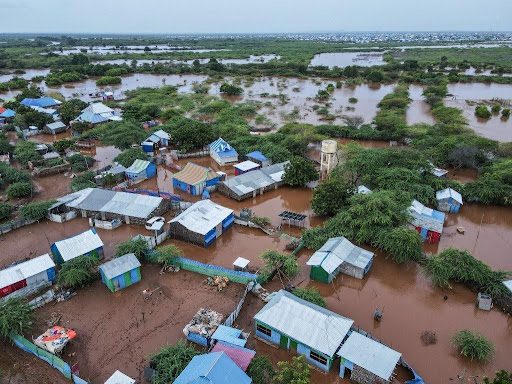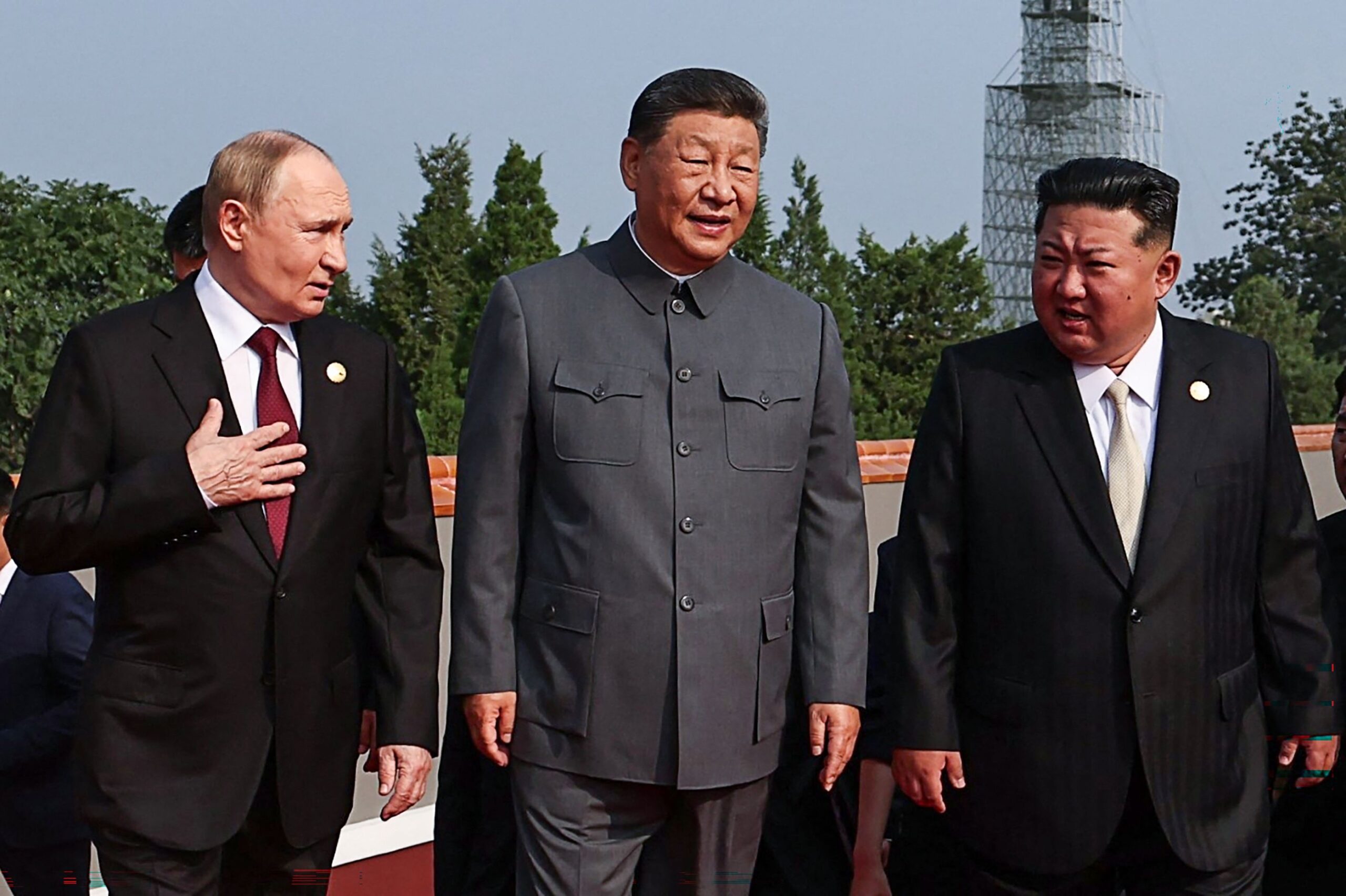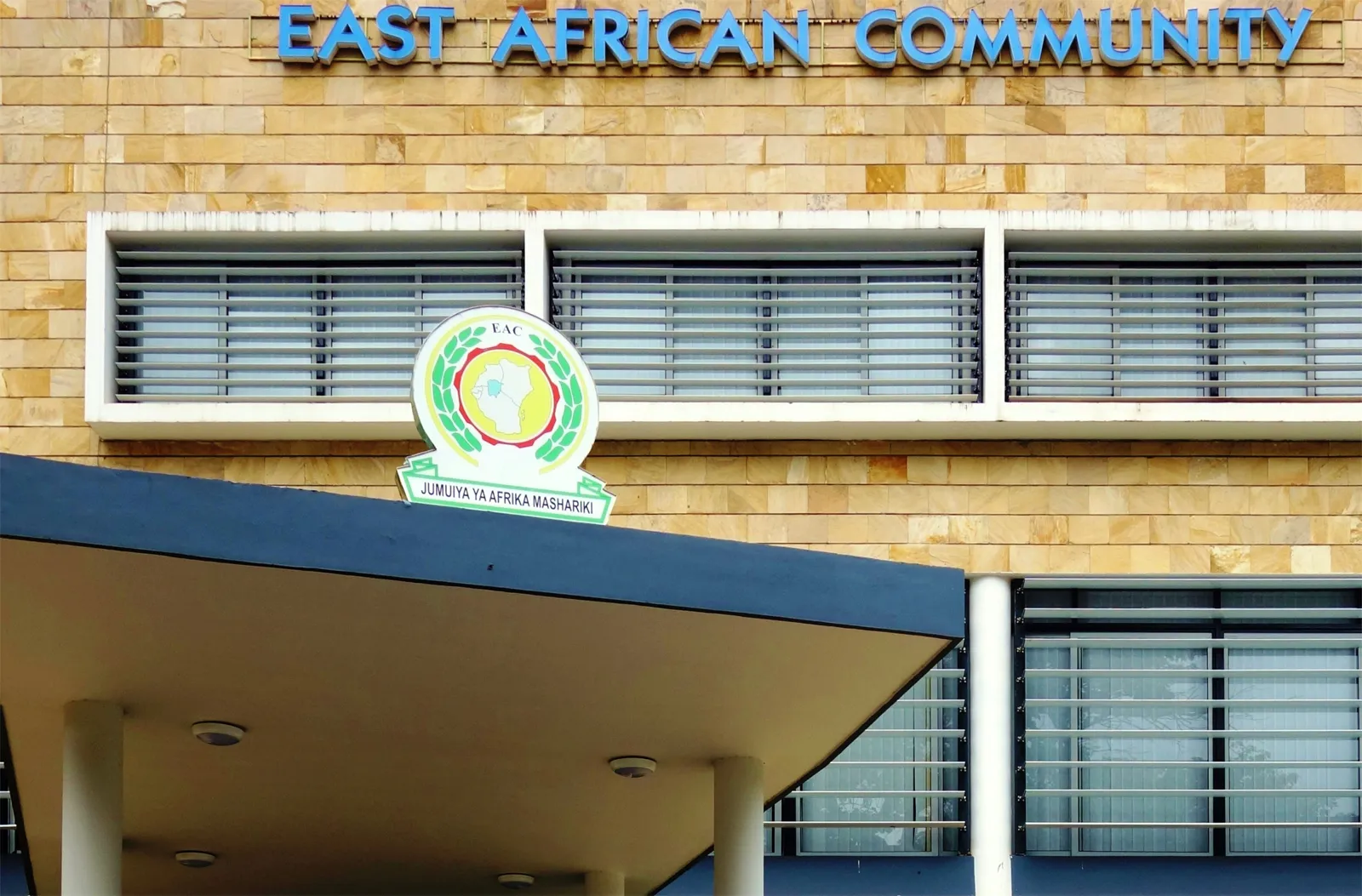

IIn a wave of political transformation sweeping across West Africa, nations are boldly stepping away from long-standing western paradigms of governance and control. This era-defining shift, led by military juntas in countries like Burkina Faso, Guinea, Mali, and Niger, signals a growing assertion of sovereignty and a rejection of perceived external dominance. But this raises a compelling question: does West Africa still need the West, or is it time for the region to chart its own path?
In early December 2024, Burkina Faso’s military junta took decisive action by dismissing Prime Minister Apollinaire J. Kyélem de Tambèla and dissolving the government. Jean Emmanuel Ouédraogo, previously the communications minister and government spokesperson, was swiftly appointed as the new prime minister. In a further show of authority, the junta declared amnesty for individuals convicted for their roles in the 2015 coup attempt—a symbolic gesture of reconciliation aimed at fostering national unity. This move, while polarizing, has resonated with many Burkinabé citizens who see it as a necessary step toward dismantling entrenched systems that have historically aligned with Western interests. The junta’s narrative challenges the traditional dependency on Western frameworks, positioning the nation to ask: can Burkina Faso thrive without Western influence?
Niger’s political journey reflects a similar determination to redefine its sovereignty. The July 2023 coup, led by the military, ousted President Mohamed Bazoum and ushered in a prolonged political crisis. By January 2024, Niger announced its withdrawal from the Economic Community of West African States (ECOWAS), joining Mali and Burkina Faso in accusing the regional bloc of aligning with foreign powers. The formation of the Alliance of Sahel States (AES) by Mali, Burkina Faso, and Niger further highlighted this trend. The alliance, aimed at strengthening regional cooperation and asserting independence, underscores a collective effort to break free from Western dominance. As Niger distances itself from Western alliances, it brings the central question into sharper focus: does sovereignty mean severing ties with the West altogether, or can balance be achieved?
Guinea has been no stranger to similar upheavals. The country’s September 2021 coup, led by Col. Mamadi Doumbouya, set the tone for a complete overhaul of governance. By December 2024, the junta faced mounting protests for its delay in returning to democratic rule. Amid increasing pressure from the U.S. and other global powers, Guinea took a bold step by dissolving over 50 political parties—a move critics saw as autocratic but supporters argued was necessary to rebuild a system free from foreign influence. These actions underscore a broader trend in Guinea: a deliberate rejection of systems and parties perceived as vehicles of Western interests. By taking this path, Guinea invites the question: can a nation truly rebuild itself in isolation from Western models, or are some influences inevitable?
Mali has perhaps been the most vocal in breaking free from Western expectations. Following two coups in August 2020 and May 2021, Mali’s leadership has consistently framed its actions as a fight for true independence. In November 2024, tensions peaked when Prime Minister Choguel Maiga was dismissed for criticizing the prolonged junta rule and delays in organizing elections. This dismissal, viewed by some as a suppression of dissent, was justified by the junta as part of a larger effort to ensure a sustainable and uniquely Malian path to democracy. Mali’s resistance to international pressure—particularly from France and the United Nations—has earned it both allies and adversaries. The junta’s pivot toward regional ties and partnerships with non-Western powers further deepens the inquiry: can Mali’s vision of true independence succeed without significant Western involvement?
Even Senegal, long considered one of the region’s most stable democracies, has not been immune to political turbulence. In January 2024, President Macky Sall unilaterally postponed the presidential elections, originally scheduled for February 2024, to December 2024. This decision, coupled with allegations of political suppression, raised questions about the future of democracy in Senegal. Additionally, Senegal witnessed increased tension following accusations against opposition leaders, further destabilizing its political landscape. While not marked by a coup, Senegal’s recent events indicate a broader unease in the region’s governance and highlight a deeper concern: can stability be maintained without Western partnerships, or does Senegal’s example prove the need for external support?
The common thread uniting these nations is a shared vision of sovereignty. Leaders in Burkina Faso, Guinea, Mali, Niger, and Senegal argue that decades of Western influence have failed to deliver stability, prosperity, or true independence. In their view, the path forward requires dismantling the vestiges of colonial systems and forging new political, economic, and social frameworks rooted in African priorities. Critics, however, warn that these bold moves risk alienating international allies and undermining democratic principles. They argue that the concentration of power in military hands could lead to autocracy rather than the envisioned sovereignty. Is the rejection of Western influence a step toward self-reliance, or does it risk isolating these nations in a globalized world?
West Africa’s political transformations have ignited debates across the continent about what true independence means in the 21st century. While some herald these developments as the dawn of an African Renaissance, others caution against the potential for isolationism and internal instability. One thing is clear: the tides are changing in West Africa. The region’s leaders are no longer content to play by the rules of a global order they did not create. Instead, they are rewriting the script, breaking chains, and charting a course that could redefine not only their nations but the entire continent. But the fundamental question remains: does West Africa need the West, or is it finally ready to stand on its own?


